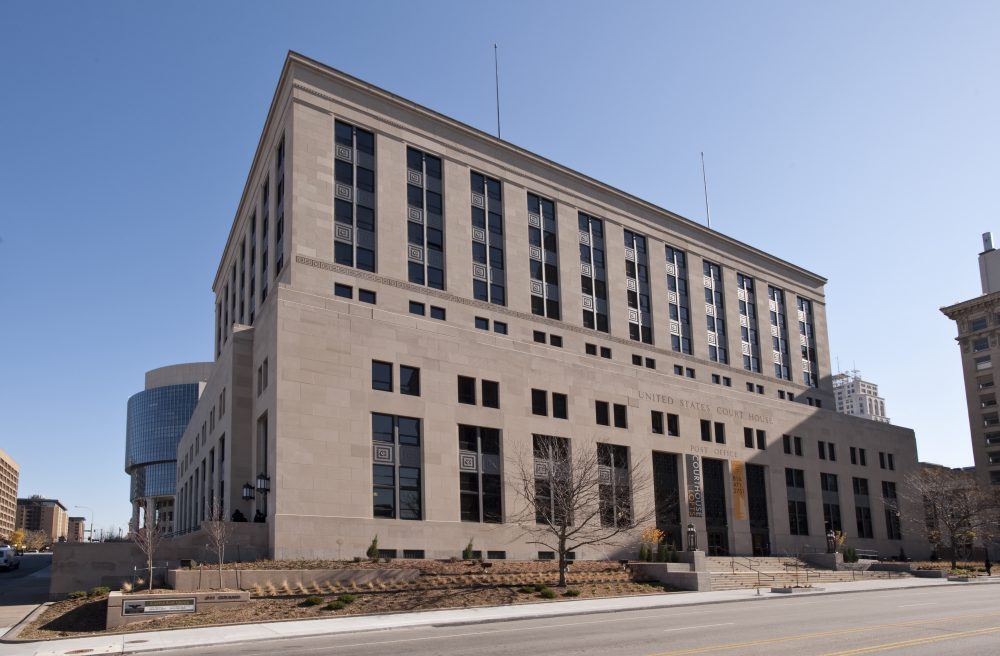The Alexander Co. is helping to transform downtown Kansas City, Mo., from the inside out, with one multimillion-dollar historic renovation project after another.
Since 2003, the Madison-based developer has been working with investors and city officials to help make Kansas City’s urban core affordable for more residents.
The projects include a 16-story, abandoned high rise redeveloped into 132 apartments, and renovation of a 10-story former federal courthouse where Thurgood Marshall once argued civil rights cases.
Kansas City officials have lavished money and attention on the downtown as part of a $4 billion, public/private “urban renaissance” over the past five years.
“They built an entertainment district with outdoor pavilions and a new grocery store and new parking garages, along with about 30 restaurants,” said Matt Meier, Alexander’s senior project development manager. “City officials took such a proactive role that they condemned six city blocks and cleared them and built a Sprint Center arena for professional hockey and/or professional basketball — on spec,” he said.
“They built up this great employment base and now there’s huge demand for housing,” company president Joe Alexander said. “They want to see new people living downtown.”
With some 50 employees, The Alexander Co. is perhaps best known locally in the last few years for Capitol West, a publicly subsidized condominium project in the 300 block of West Washington Avenue that added unsold units to a Downtown Madison market some believe was already starting to saturate in late 2006.
Elsewhere in the state and the nation, over the past 25 years, the company has earned renown for urban preservation projects.
Aimed at restoring the glory of crumbling landmark buildings, the redevelopment can boost property values and add housing and retail outlets to neglected downtowns. As urban infill, the projects also help reduce suburban sprawl, Meier said.
“You can build (affordable apartments) by plowing over a farm field, but there are costs to that,” Meier said. “You have to build more roads and more sewer and water infrastructure and the buses have to go further.”
The company is involved annually in more than $300 million worth of downtown development from coast to coast. It has converted properties including factories, turn-of-the-century high rises and train depots into affordable apartments and condos, often with retail on the first floor.
Living units are designed to offer above-average quality at below-market rates — an unlikely equation made possible primarily by the extensive use of state and federal tax credits for affordable housing and historic preservation by the company and its investors.
Projects using affordable housing credits limit the units to residents who earn up to 60 percent of the median income of a community. In Kansas City, that’s about $35,000 for a family of two, Meier said.
The company’s first Kansas City job, completed in July 2006, was a $21 million conversion of a 16-story former office building into apartments. Originally built in 1928, what’s now known as the Professional Building Lofts was in tatters when the job began.
“It had water running through it and there were bums living in it,” Meier said. “There was (window) glass falling onto the sidewalks below. People had broken in and were starting fires to stay warm. It was probably the dirtiest building I’ve ever seen.”
Its biggest Kansas City project — to be finished in June — is a $40 million redevelopment of a historic courthouse into 176 apartments. The formal courtrooms will be preserved as common amenities.

